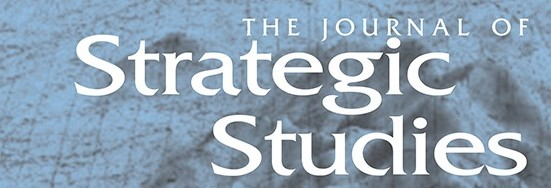Putinism: A Praetorian System?
Almost 20 years after Vladimir Putin's accession to the presidency in 2000, how should the Russian political system be defined?
Authoritarian modernization initiative, guided or non-competitive democracy, neo-Soviet regime, new nomenklatura, militocracy, “government in uniform”— there is no shortage of descriptions. This study proposes a framework for analyzing the evolution of the Russian political system under Putin's leadership which is not restricted to a comparison with the western model of liberal democracy.
The concept of “praetorianism” is the common thread that enables us to understand the political actions carried out at the highest level of the Russian state, in terms of both domestic and foreign policy, and to look ahead, on the eve of the 2018 presidential election, to the possible future developments of the exercising of power in Russia.
Jean-Robert Raviot is a doctor of political science with accreditation to supervise research and professor of contemporary Russian civilization at Paris Nanterre University. He supervises the master's in Russian and post-Soviet studies and jointly supervises the bilingual Franco-Russian law course.
Download the full analysis
This page contains only a summary of our work. If you would like to have access to all the information from our research on the subject, you can download the full version in PDF format.
Putinism: A Praetorian System?
Related centers and programs
Discover our other research centers and programsFind out more
Discover all our analysesDeathonomics: The Social, Political, and Economic Costs of War in Russia
The report attempts to outline and examine a truly new phenomenon in Russian society, dubbed “deathonomics”—the making of a mercenary army against the backdrop of the Kremlin’s war in Ukraine, eventually replacing both the Soviet (conscript) and early new Russian (contract) armies. It notes that, by the end of 2023, this trend had turned the military service into one of the highest-paying professions in the country, something not seen in Russia on such a scale since the late 17th century.
Russia's Asia Strategy: Bolstering the Eagle's Eastern Wing
Among Russia’s strategic priorities, Asia traditionally played a secondary role compared to the West. In the mid-1990s, then Foreign Minister Yevgeny Primakov initiated a rapprochement with China and India. Then, in 2014, deteriorating relations between Russia and the West prompted Moscow to begin its “great pivot to the East”.
Kazakhstan After the Double Shock of 2022: Political, Economic and Military Consequences
The year 2022 represented a dual shock for Kazakhstan. In January, the country faced its most severe political crisis since independence, followed in February by Russia’s full-scale invasion of Ukraine, which cast uncertainty over the borders of post-Soviet states. These consecutive crises profoundly shaped Kazakhstan’s domestic and foreign policy.
How the Russian Army Changed its Concept of War, 1993-2022
The traditional and high-intensity war that has occurred in Ukraine since Russia decided to invade raises a key issue: did post-soviet Russian strategic thought really prepare Russia for waging this war?











